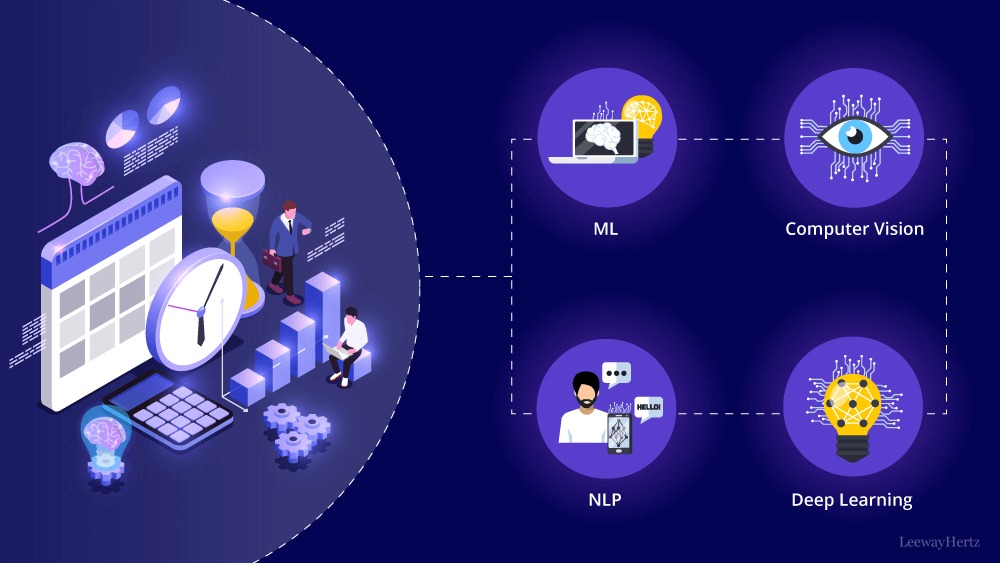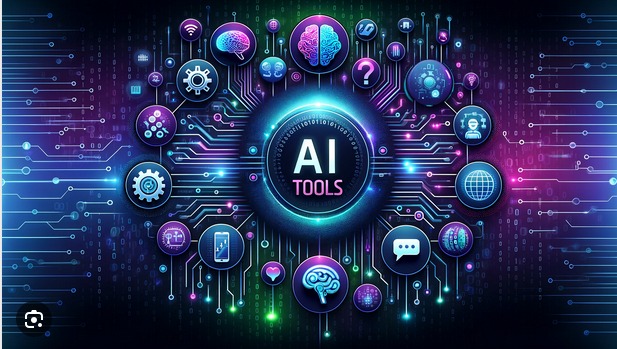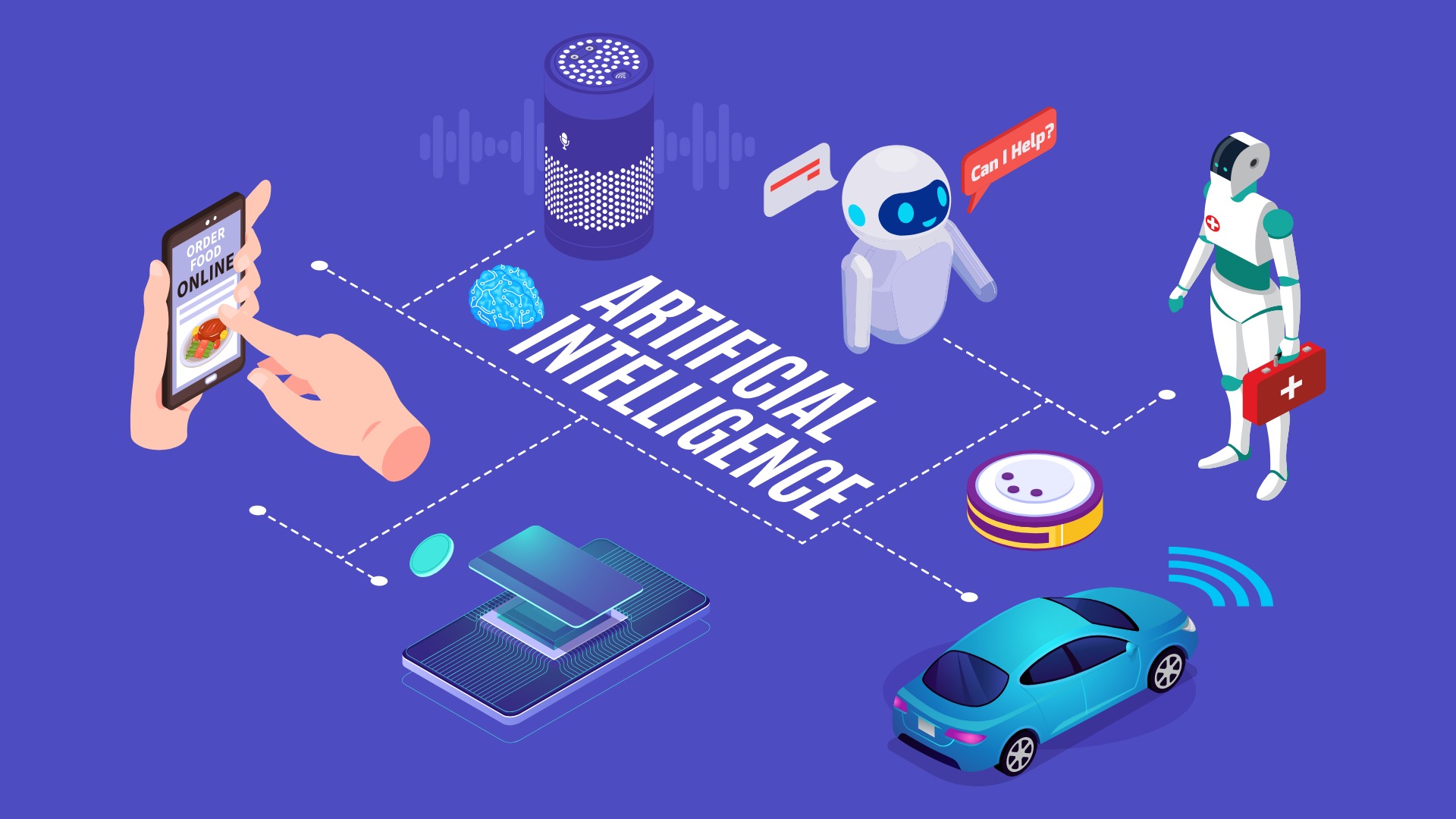AI tools for business leverage advanced algorithms and machine learning techniques to perform tasks that typically require human intelligence. These tools can analyze large datasets, recognize patterns, make predictions, and automate processes, enabling businesses to operate more efficiently and make data-driven decisions.

Types of AI Tools for Business
-
Machine Learning Platforms:
- Description: These platforms enable the development and deployment of machine learning models. They provide tools for data preprocessing, model training, and evaluation.
- Key Features: Algorithm libraries, data visualization, model deployment, and integration with other systems.
- Applications: Predictive analytics, recommendation systems, fraud detection, and personalized marketing.
-
Natural Language Processing (NLP) Tools:
- Description: NLP tools analyze and interpret human language, enabling machines to understand and respond to text and speech.
- Key Features: Text analysis, sentiment analysis, language translation, and chatbot development.
- Applications: Customer service automation, content generation, sentiment analysis, and language translation services.
-
Data Analytics Software:
- Description: These tools analyze large datasets to uncover insights, trends, and patterns. They help businesses make data-driven decisions and optimize operations.
- Key Features: Data visualization, predictive analytics, real-time reporting, and integration with data sources.
- Applications: Market research, customer segmentation, financial analysis, and operational optimization.
-
Automation Tools:
- Description: Automation tools use AI to automate repetitive tasks and processes, freeing up human resources for more complex tasks.
- Key Features: Robotic Process Automation (RPA), workflow automation, and integration with enterprise systems.
- Applications: Administrative tasks, data entry, customer support, and supply chain management.
-
Computer Vision Software:
- Description: Computer vision software enables machines to interpret and analyze visual data from images and videos.
- Key Features: Object detection, facial recognition, image classification, and video analysis.
- Applications: Quality control, security surveillance, autonomous vehicles, and medical imaging.
Benefits of Using AI Tools for Business
-
Improved Efficiency: AI tools automate repetitive tasks and processes, freeing up human resources for more complex tasks and improving overall efficiency.
-
Data-Driven Decisions: AI tools analyze large datasets to uncover insights, trends, and patterns, enabling businesses to make informed decisions.
-
Enhanced Customer Experience: AI tools, such as chatbots and recommendation systems, improve customer interactions and personalize experiences.
-
Innovation: AI tools drive innovation by enabling the development of new products, services, and business models.
-
Cost Savings: By automating tasks and optimizing operations, AI tools help businesses reduce costs and improve profitability.
Choosing the Right AI Tools for Your Business
-
Assess Your Needs: Identify the specific challenges and goals of your business to determine which AI tools are most relevant.
-
Evaluate Features: Compare the features offered by different AI tools, such as algorithm libraries, data visualization, and integration capabilities.
-
Consider Scalability: Ensure that the AI tools can scale with your business needs and support growing operations.
-
Read Reviews: Research customer reviews and ratings to gauge the reliability, performance, and support services of different AI tools.
-
Consult with Providers: Speak with AI tool providers to understand their offerings, pricing, and support services.
Conclusion
AI tools for business offer powerful capabilities that can transform operations across various industries. By understanding the types of AI tools available, their key features, and their applications, businesses can leverage AI to improve efficiency, gain insights, and drive innovation. Whether you're looking to automate tasks, enhance decision-making, or personalize customer experiences, AI tools provide the solutions needed to achieve competitive advantages and long-term success.




